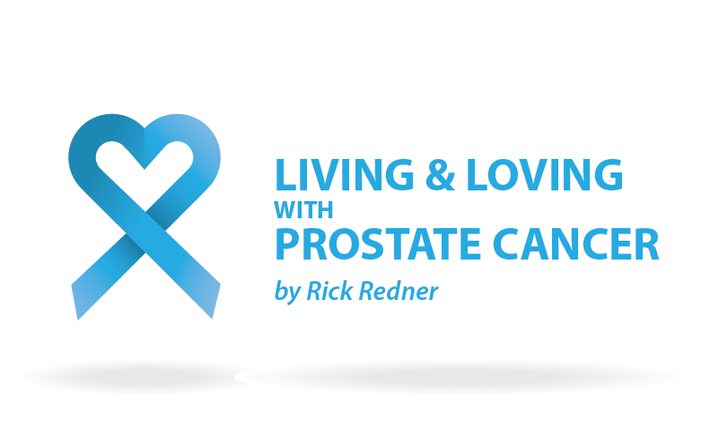When background music is playing softly, it’s possible to forget the music is continually playing. When it’s blaring, the music never fades into the background, and it’s intrusive all the time.
You have a serious problem when your cancer-related symptoms are like blaring background music. Your pain or quality-of-life issues make life miserable every minute of every day.
Here’s a partial list of issues that cause unending misery in the life of someone with cancer:
- Chronic, ever-present pain
- Fatigue
- Hot flashes
- Bladder or bowel issues
- Sleeplessness
- Nausea or vomiting
- Poor or no appetite
- Debilitating weakness
There are two types of relief to seek in the face of unending misery. The first is physical relief, and the second is psychological relief.
The three crucial physical issues to address are:
1. Pain control
According to the Mayo Clinic, pain relief for cancer patients is possible. Pain relief does not necessarily mean you are pain-free. It means your pain may move from intolerable to tolerable. Make sure to discuss pain management with your physician. Ask for a referral if your pain goes unrelieved.
2. Nutrition
Adequate nutrition is essential for cancer patients. If treatment affected your appetite, ask for a consultation with a dietician. If possible, ask for a dietician with oncology certification.
3. Sleep
There are so many reasons why sleep becomes impossible. Anxiety before surgery, coming home with a catheter, pain, and a host of other reasons. “A good night’s sleep may be a potent weapon against cancer,” the Daily Mail reports, citing Professor David Spiegel from Stanford University. It’s important to discuss any problems with sleep with your doctor. I asked for prescription medication to help me sleep a week before my prostate surgery and the two weeks of living with a catheter. I’m glad I did because I slept very well.
Once you’ve addressed pain control, nutrition, and sleep, you can move on to the psychological and relational issues that are important to address in the face of chronic misery.
Those areas are:
4. Environmental comfort
Knowing how to change your environment is essential. For example, I’m a stomach sleeper, which isn’t possible when I have a catheter. In addition to medication for sleep, I spent two comfortable weeks sleeping through the night on a La-Z-Boy chair. Once my catheter was pulled, I went back to sleeping in my bed.
My three-hour drive home from the hospital was extremely painful. I don’t remember how long I ate my meals with my family standing up because I was too sore to sit in a chair. I spent many hours in unnecessary pain because no one told me about donut cushions.
What you don’t know can unnecessarily hurt you. It’s important to adjust your environment to accommodate your physical issues brought about by cancer or your treatment.
5. Entertainment and fun
Taking breaks from thinking and feeling the side effects of cancer or your treatment is vital to your mental and physical health. According to CancerToday, “In September 2011, a study published online in the Proceedings of the Royal Society B found that laughing increased patients’ pain thresholds, probably due to increased production of endorphins — hormones in the body that relieve pain.”
What makes you laugh? If watching comedies, telling jokes, reading jokes, or a humorous friend tickles your funny bone, make sure you get a daily dose of laughter.
Pets are an enormous source of comfort. In The New York Times, a cancer patient wrote this about her experience with her dog: “I’m giddy these days since Oscar came into my life. Caring for a pet is a welcome distraction from the day-to-day reality of being a cancer patient.” Whether it’s a dog, cat, bird, or other animal, pets serve as a welcome distraction.
If you are well enough to continue with or develop new hobbies, now is a good time to give these activities a high priority. I wrote a book during my recovery from prostate surgery. My dog spent hours on my lap as I wrote.
If you’re an extrovert and gain energy in the company of other people, arrange for visitation even if those visits are short.
6. Embrace spirituality
The best article I’ve read about faith and cancer was written by John Piper before his prostate cancer surgery. The title gives an important spiritual message: “Don’t Waste Your Cancer.” (The writer has a Christian perspective.)
7. Take good care of and repair your relationships
Cancer is a reminder to live differently. It’s a time to forgive and repair broken relationships. It’s a time to tell your family and friends you love and appreciate them.
When you intentionally plan to take care of your self physically, emotionally, spiritually, and relationally, you’ll get welcome relief from unending cancer-related misery.
***
Note: Prostate Cancer News Today is strictly a news and information website about the disease. It does not provide medical advice, diagnosis, or treatment. This content is not intended to be a substitute for professional medical advice, diagnosis, or treatment. Always seek the advice of your physician or other qualified health provider with any questions you may have regarding a medical condition. Never disregard professional medical advice or delay in seeking it because of something you have read on this website. The opinions expressed in this column are not those of Prostate Cancer News Today, or its parent company, BioNews Services, and are intended to spark discussion about issues pertaining to prostate cancer.


